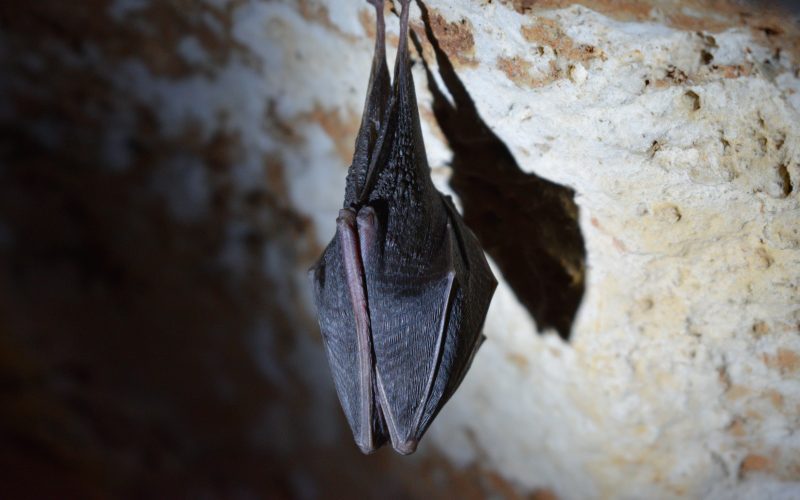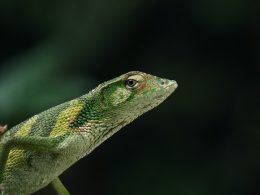Bats have a bad reputation, thanks to their association with spooky Halloween imagery and their portrayal as bloodthirsty vampires in popular culture. But the truth is that bats are actually incredibly important animals that play a crucial role in our ecosystems.
There are over 1,400 species of bats, and they can be found all over the world, from the tropics to the polar regions. Bats are the only mammals that are capable of true flight, and they use echolocation to navigate and hunt for prey.
One of the most important roles that bats play in our ecosystems is as pollinators. Many species of plants, including some that are important for human consumption, rely on bats to spread their pollen. For example, the agave plant, which is used to make tequila, can only be pollinated by bats. Without bats, our food supply could be severely impacted.
Bats are also important predators of insects, including many agricultural pests. A single bat can eat hundreds of insects in a single night, helping to control populations of pests that would otherwise damage crops and other plants.
In addition to their ecological roles, bats have also contributed to human medicine. The blood of vampire bats contains anticoagulants that have been used to develop treatments for human blood disorders, and researchers are studying other compounds found in bat saliva and venom that could have potential medical applications.
Unfortunately, many bat populations are declining due to habitat loss, pollution, and disease. White-nose syndrome, a fungal disease that affects hibernating bats, has killed millions of bats in North America alone.
To protect bat populations and ensure that they continue to play their important roles in our ecosystems, it is important that we take action to conserve their habitats and reduce our impact on their environments. This can include measures such as preserving natural habitats, reducing pesticide use, and monitoring bat populations for signs of disease.
In conclusion, bats are not the scary creatures that they are often made out to be. They are actually vital members of our ecosystems, playing important roles as pollinators, pest controllers, and sources of medical compounds. By taking steps to protect bat populations, we can ensure that they continue to contribute to our world in positive ways for generations to come.












